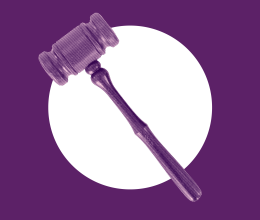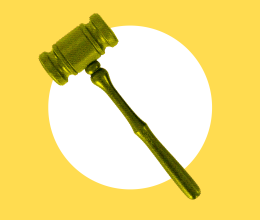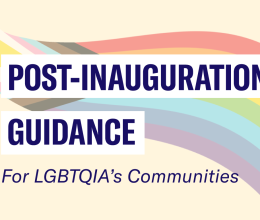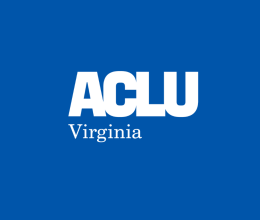
Letter to Members of the Senate Education and Health Subcommittee on Public Education
Virginia politicians are trying to gag our teachers. Bills like House Bill 787 and executive actions like Governor Youngkin’s Executive Order 1 purport to ban what they call “divisive concepts” in the Commonwealth’s public schools. But this language is a smokescreen for their real goal: to stop honest conversations about race and sex in Virginia’s public schools.
The lack of clarity in these laws and orders is incredibly damaging to the kind of free and open discourse that should be filling Virginia’s classrooms. For example, House Bill 787 seeks to ban, among other things, any discussion of whether someone of a given race or sex could be “oppressive . . . consciously or unconsciously” or whether an individual of a given race or sex “bears responsibility for actions committed in the past” by others of that group. Words like “oppressive” or “bears responsibility for” are undefined. What is a social studies teacher to make of this language when faced with teaching about “implicit bias,” a fundamental scientific phenomenon in psychology? Can an economics teacher discuss racial disparities in income? Can a history teacher discuss the possibility of reparations for slavery? The effect of this bill—and, indeed, its seeming purpose—is to silence those areas of curriculum entirely, leaving students less educated, less prepared for the world, and less empathetic than they were before the passage of such a law.
Not only do these classroom censorship efforts undermine the very educational system they are supposed to protect, but they also face serious legal problems. In the case West Virginia Board of Education v. Barnette, the U.S. Supreme Court held that the First Amendment prevents the government from attempting to “prescribe what shall be orthodox in politics, nationalism, religion, or other matters of opinion.”[1] Other cases where government officials sought to impose political views through efforts as diverse as banning school library books[2] or barring federal contractors from advocating for “divisive concepts”[3] have found that courts will not stand for this kind of thought control.
House Bill 757 not only chills speech but seeks to keep issues of racial injustice, gender injustice, or anything potentially controversial from being taught in schools. It cannot be ignored which communities would have their lived experience, diverse history, and contributions to our nation erased from the classroom if the proposed law is enacted: Black and Brown people, LGBTQ people, immigrants, and those of minority faiths. Teachers seeking to simply do their jobs would be faced with the impossible choice of omitting factual material from their curriculum or risking termination for violation of state law.
For all these reasons, the ACLU of Virginia, consistent with its long history of defending free speech and the open exchange of ideas, opposes House Bill 787, Executive Order 1, and all other efforts to censor discussion of race and sex in our classrooms.
Sincerely,
ACLU of Virginia


